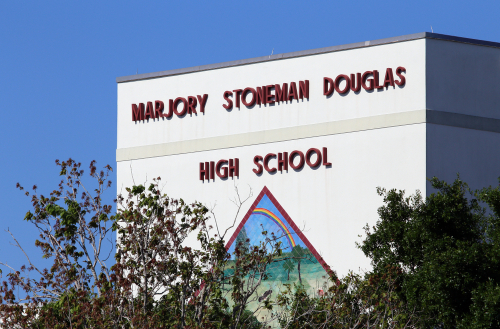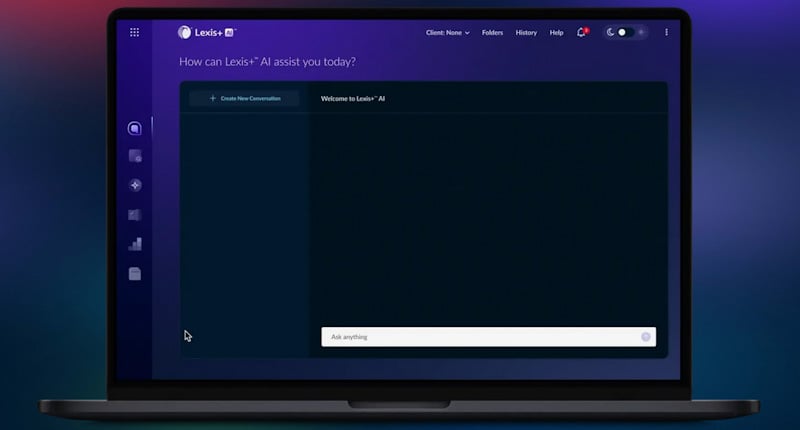States don’t have to 'stand idly by and watch the carnage,' 11th Circuit says in upholding age restriction on gun sales

The Marjory Stoneman Douglas High School. Photo by Katherine Welles/Shutterstock.
A federal appeals court on Thursday upheld a Florida ban on gun sales to people younger than age 21 that was passed after a 19-year-old youth shot and killed 17 people and left another 17 injured at the Marjory Stoneman Douglas High School in Parkland, Florida, in February 2018.
The 11th U.S. Circuit Court of Appeals at Atlanta ruled against the National Rifle Association’s Second Amendment challenge to the law in a March 9 decision by Judge Robin S. Rosenbaum, an appointee of former President Barack Obama.
The law bans the sale of guns to those younger than age 21 but does not prevent people from giving or loaning guns to people in that age group.
Rosenbaum began the opinion with news stories about youths younger than age 21 shooting people. In one case, an 18-year-old killed a 14-year-old girl because she wouldn’t love him and then turned the gun on himself. In another, a 19-year-old shot a police officer because of a family feud.
“These stories are ripped from the headlines—the Reconstruction era headlines, that is,” Rosenbaum wrote. “But they could have been taken from today’s news. Unfortunately, they illustrate a persistent societal problem. Even though 18- to 20-year-olds now account for less than 4% of the population, they are responsible for more than 15% of homicide and manslaughter arrests.”
Rosenbaum looked at shootings from the Reconstruction era because that was the time of the adoption of the 14th Amendment that made the Second Amendment applicable to the states. Since that time, guns have become more deadly, she said.
“But state governments have never been required to stand idly by and watch the carnage rage,” Rosenbaum said.
Before the 14th Amendment passed, Alabama, Tennessee and Kentucky barred 18-year-olds to 20-year-olds from buying and possessing pistols—with some exceptions, she said.
Several more states followed after the passage of the 14th Amendment.
“At least 19 states and the District of Columbia banned the sale and even the giving or loaning of handguns and other deadly weapons to 18- to 20-year-olds by the close of the 19th century,” Rosenbaum said.
That history shows that Florida’s law is consistent with the nation’s historical tradition of firearm regulation, Rosenbaum said.
The NRA had argued that a founding-era law required those older than age 18 to join the militia, showing that the age group had the ability to buy guns. But the NRA “mistakes a legal obligation for a right,” Rosenbaum said.
Judge Charles R. Wilson, an appointee of former President Bill Clinton, wrote separately to say he would have waited to issue an opinion until the end of the current legislative session in Florida. Lawmakers are considering a bill that would lower the minimum age for buying a gun from 21 to 18.
The case is National Rifle Association v. Bondi.
Hat tip to Bloomberg Law, which covered the opinion.
See also:
ABAJournal.com: “‘Middle-finger stunt’ and a judge’s hug raise ethics issues in Parkland, Florida, school shooter’s trial”
ABAJournal.com: “Defense lawyers for convicted Parkland, Florida, school shooter cry as victims’ parents testify”
ABAJournal.com: “School shooting survivors can’t sue county officials for failing to protect them, 11th Circuit rules”
ABAJournal.com: “Judge rules school, sheriff’s office had ‘no legal duty’ to protect students in mass shooting”



